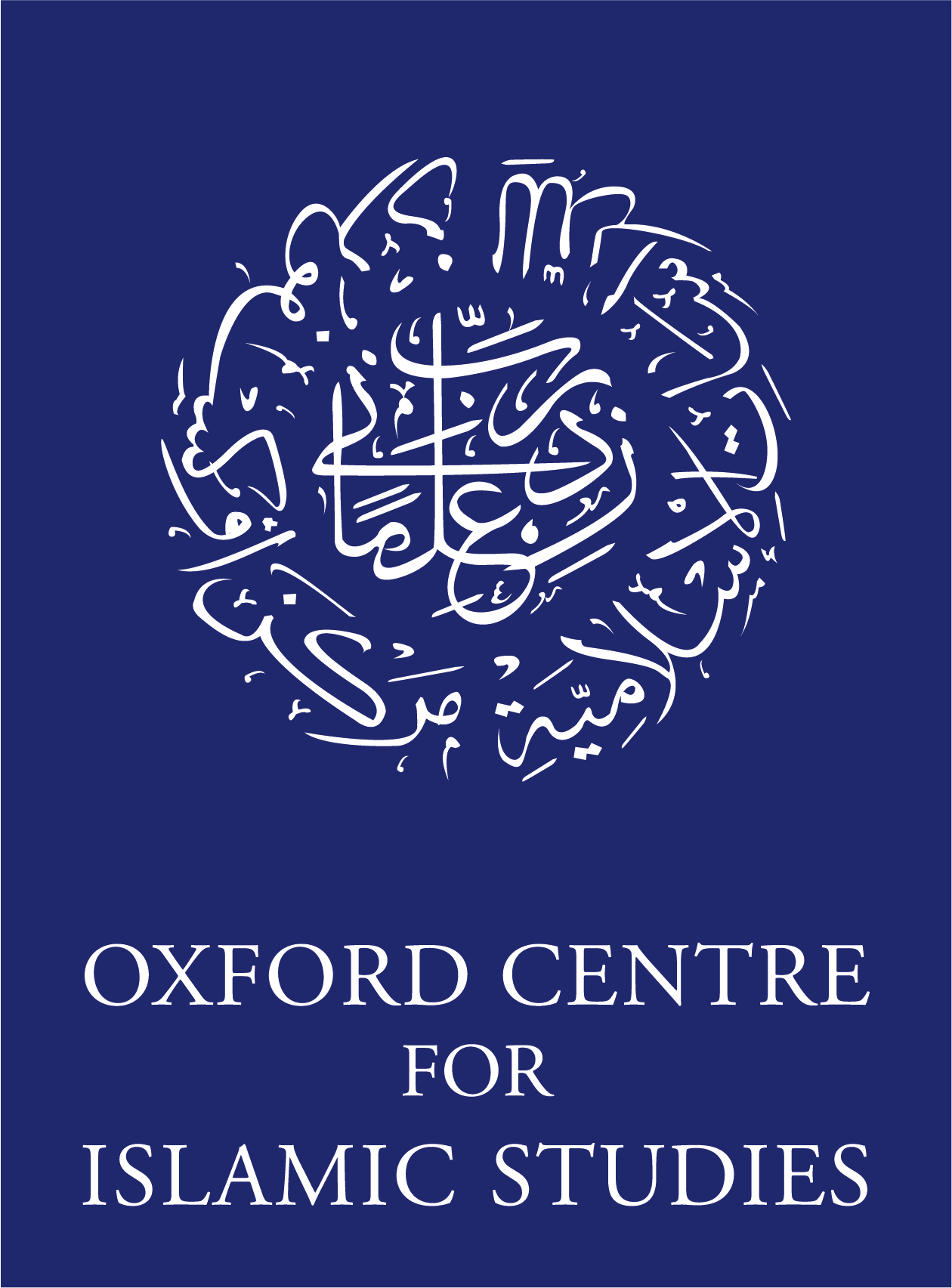Isfahan and Istanbul: European views before the long shadow of ‘Orientalism’
This talk focuses on European town views of Safavid Isfahan and Ottoman Istanbul in the seventeenth century. Most Europeans in the 16th and 17th centuries, acquired knowledge of these major cities of the Islamic world through the popular publishing genre of travel writing and their visual paraphernalia – maps, city views, lifestyle images, costume and physiognomic studies. I take the famous Entwurf einer historischen Architektur in Abbildung unterschiedener berümten Gebäude des Alterthums und fremder Völker by the Viennese architect Johann Bernhard Fischer von Erlach (1656-1723) as the starting point to investigate the cultural location of the European town views in comparative perspective and trace in the European material on Istanbul and Isfahan an emergent recognition of a ‘universal’ urban-architectural profile particular to this early modern age and distinctive from the colonizing and orientalising views of the 18th and 19th centuries.
Sussan Babaie is Professor at The Courtauld Institute of Art. Born in Iran, Sussan attended the University of Tehran’s Faculty of Fine Arts (Graphic Design) until the revolution of 1979 when she moved to the USA to study for a Master’s degree in Italian Renaissance and American Arts, followed by a PhD at the Institute of Fine Arts, NYU, where she focused on the arts of Islam. She has many years of experience teaching at Smith College and the University of Michigan in America, and as the Allianz Visiting Professor at the Institut für Kunstgeschichte, Ludwig Maximilian University, in Munich. Sussan has served on the International Advisory Board of Art History.
To join the seminar please register.
